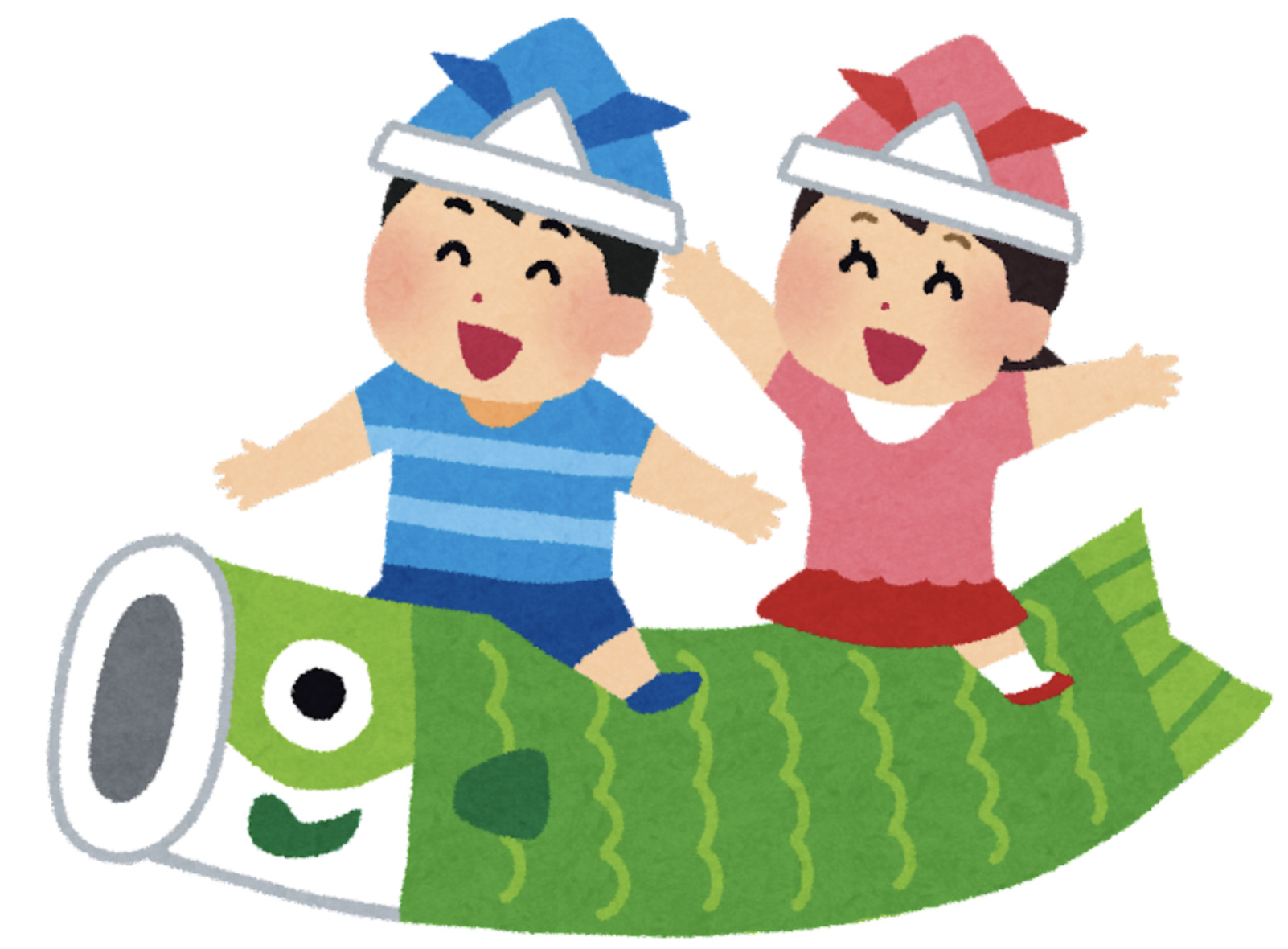January
New Year’s Eve
New Year’s Day, January 1st, is the first national holiday of the year. New Year’s Day is also known as “Shiho-hai” in Japan. Shiho-haisai is a ceremony to worship the gods of heaven and earth in the four directions, an imperial event held by the emperor in the south garden of the palace and shinkansen from the Meiji to the early Showa periods, also known as “Shihousetsu” in reference to Shiho Worship.
Day of Adolescence
Adult’s Day is a holiday to encourage and congratulate those who have reached the age of 20, with the purpose of “celebrating and exhorting young people who are conscious of their adulthood and trying to live their lives on their own.
Until 1999, January 15 was designated as Coming of Age Day. This date was chosen because it falls on the koshogatsu (the first day of the koshogatsu season), and it is said that the date was chosen because the Genpuku ceremony was once held on Koshogatsu (the first day of the New Year). Under the Happy Monday system, it is currently the second Monday of January.
February
National Foundation Day
“National Foundation Day” was established in 1966 to commemorate Japan’s founding. Kengoku Kinen Day was established to commemorate the founding of the nation based on the myth of the nation’s founding.
The Emperor’s Day
The Emperor’s Birthday is not always a fixed holiday, but varies depending on the Emperor’s succession. With Emperor Akihito Heisei’s abdication on April 30, 2019, the Emperor’s Birthday on December 23 became a weekday for the last time in 2018.
Emperor Mitsuhito had the first Emperor’s Birthday celebrated in Japan in 775 AD. The Emperor’s Birthday was also known as “Tenchousetsu” at the time, making it a holiday with a long history.
March
Day of the Vernal Equinox
Vernal Equinox Day, a March national holiday, was established in 1948 under the National Holidays Law to “honor nature and respect all living things,” and the date is not fixed, falling on the 20th or 21st of each year.
April
Showa’s Day
In fact, this holiday was originally the Emperor Showa’s birthday. Before it was named Showa Day, it was called “Greenery Day. However, with the revision of the National Holidays Law in 2007, Midori No Hi was moved to May. Showa Day was established to “reflect on the Showa period, which witnessed the country’s recovery after turbulent days, and to think about the future of the country.
Today, Showa Day is one of the important holidays that completes Golden Week.
May
National Foundation Day
Constitution Memorial Day, May 3 was settled in 1947 to “commemorate the enactment of the Constitution of Japan and to promote the growth of the nation.
Greenery Day
Greenery Day was established on May 4 to “appreciate nature and its blessings, and to nurture a rich spirit. It is a national holiday following Constitution Day. Originally a national holiday on April 29, it was moved to the new location with the establishment of Showa Day.
Children’s Day
The last of the three holidays is Children’s Day, which was established to “respect children’s character, promote their happiness, and give thanks to their mothers,” and falls on May 5.
These three holidays are important holidays that form Golden Week, which can be a five-day weekend if they coincide with Saturdays and Sundays.
June
Marine Day
The purpose of marine day is to express gratitude for the bounty of the sea and to wish for the prosperity of Japan as a maritime nation. The third Monday in July is fixed a happy Monday under the “Happy Monday System” in which certain holidays are fixed not by date but by day of the week.
Sports Day
Many people may not be familiar with the term “Sports Day,” but sports day was originally called “Sports Day,” and its name was changed in 2020. During October 10 1966, the date of the opening ceremony of the Tokyo Olympics in 1964, was chosen as “Sports Day” and made a national holiday.
Like “Marine DaySports Day was also designated as a national holiday on the second Monday of October due to the Happy Monday system. However, the date was changed to coincide with the Tokyo Olympics in 2020.
Accordingly, the name was also changed to Sports Day. The name was changed with the aim of sharing the value of sports with people around the world by using the word “sports,” wh
Like Marine Day, Sports Day was also designated as a national holiday on the second Monday of October due to the Happy Monday system. However, the date was changed to coincide with the Tokyo Olympics in 2020.
Accordingly, the name was also changed to Sports Day. The name was changed with the aim of sharing the value of sports with people around the world by using the word “sports”.
August
Mountain Day
Mountain Day was established on the 8th day of August with the purpose of “taking the opportunity to become familiar with mountains and to be thankful for their bounty.” Due to the law on national holidays enacted in 2016, the date will be fixed annually on August 11.
September
Respect for the Aged Day
Respect for the Aged Day was originally established on September 15, but was moved to the third Monday of September due to Happy Monday.
Respect for the Aged Day was established to “honor the elderly who have served society for many years and celebrate their longevity.” Until 2003, Respect for the Aged Day was fixed on September 15, but since 2004, it has been fixed on the third Monday of September under the Happy Monday system.
It is said that the reason why Respect-for-Senior-Citizens Day was established in September is related to the agricultural calendar, the good climate, and the legend of Yoro no Taki Falls.
Autumnal Equinox Day
The Autumnal Equinox Day was established to “commemorate our ancestors and to remember those who have passed away. The Autumnal Equinox Day was established with the purpose of “honoring our ancestors and remembering those who have passed away. It is said that the Autumnal Equinox is the day when the length of day and
night are the same. Depending on the day of the week of the autumnal equinox, a consecutive holiday called Silver Week may be created.
November
Culture Day
Culture Day was established on November 3 with the aim of “loving freedom and peace and promoting culture. It was established because the Japanese Constitution emphasizes peace and culture.
Labor Thanksgiving Day
Labor Thanksgiving Day was established to “celebrate the appreciation of hard work and production, and to express the nation’s gratitude to each other.
In Japan, the “Shinnae-sai” festival has been held since ancient times, in which the emperor offers the harvest of new grains and other crops to the gods to express his gratitude and eat the food himself.
Until 1872, the new festival was held on the second Rabbit Day in November of the lunar calendar, but in 1873, when the solar calendar was introduced, the second Rabbit Day in November of the lunar calendar fell in January of the following year in the new calendar, which was not convenient. The ceremony was held on November 23, the second Rabbit day in November of the same year in the new calendar. In accordance with the proclamation of the Grand Council of State No. 344 of the 6th year of Meiji promulgated in the same year, the day became a vacation with the same name as the ritual day.




Comments